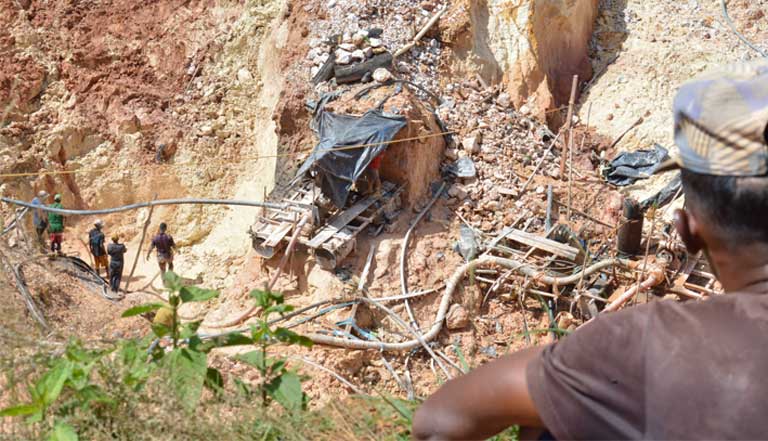Since 2016, a lethal threat has been unleashed in Venezuela for all for all the guidelines upheld by the Convention on Biological Diversity, when the Venezuelan State announced, by decree, the creation of the Orinoco Mining Arc, without giving priority to the environmental consequences that this would bring to the indigenous populations that inhabit in the area, and considering the environmental crime that the ecologists have condemned.
Every May 22, we celebrate the richness of the ecosystems around the world and to emphasize the need to care for and defend them, with the understanding that biological diversity is fundamental for the health and well-being of human beings.
The United Nations has established that the focus of the 2019’s celebration would be the defense of biodiversity as the “foundation of our food and health, and as a key catalyst to transform food systems and improve human well-being.”
The Convention on Biological Diversity was created in 1992, at the United Nations Conference on Environment and Development, held in Brazil. Venezuela subscribed to this agreement, whose objective are the conservation, sustainable use and fair and equitable participation of the uses, management and knowledge derived from biological diversity or biodiversity.
The Orinoco Mining Arc is a project that undermines the human right to a healthy environment, affects the rights of indigenous peoples and reiterates a developmental policy, in which human life and nature are no considered important.
This decree has meant the endorsement of the mining tradition of the Venezuelan State, which has its roots in the oil exploitation, later used in the mining exploitation by the Empresas Básicas of Guayana , and that finally reaches the exploitation of one of the most biodiversity-rich zones not only of Venezuela, but of the planet.
This historical trend reveals the dismissal of human rights in mining activities, a situation that affects everyone in general and indigenous people in particular.
As long as this mining extraction model is maintained, indigenous peoples rights cannot materialize, because the indigenous people of the country are settled ancestrally in spaces rich in sources of life (water, oxygen and biodiversity), which over time have been replaced by the concept of extractable resources (hydrocarbons, gold, iron, coltan, etc.).
Regarding threats from the exploitation of the Orinoco Mining Arc, already under way to indigenous people as well as for humanity in general, Kapé Kapé pleads governments, companies and civil society to adopt urgent measures to protect and to manage in a sustainable manner the fragile and essential network that sustains life in the only planet we have, that biodiversity represents.
Photo by Juan Barreto for www.arcominerodelorinoco.com
Protegemos y defendemos los derechos de los pueblos indígenas de Venezuela




